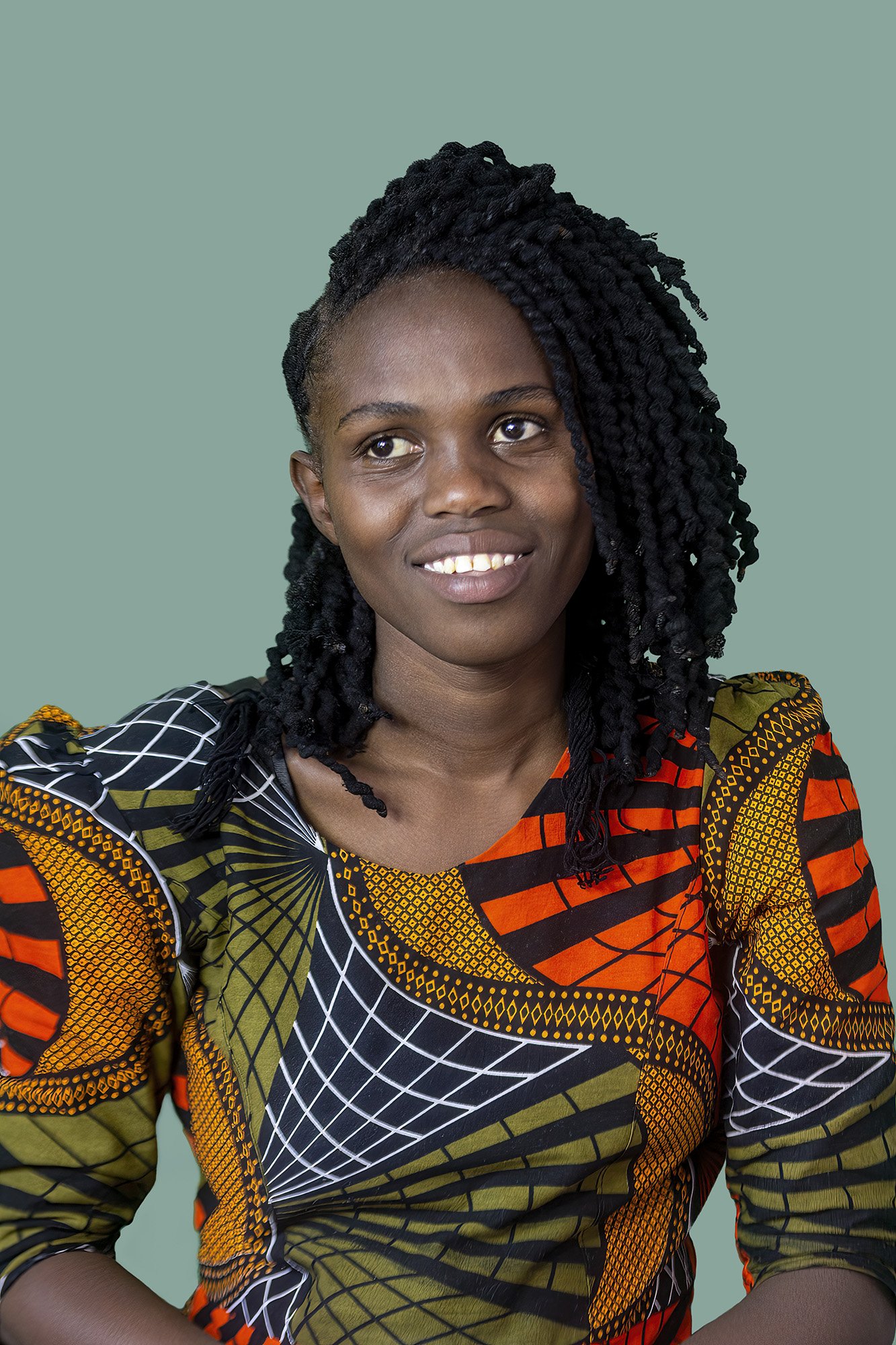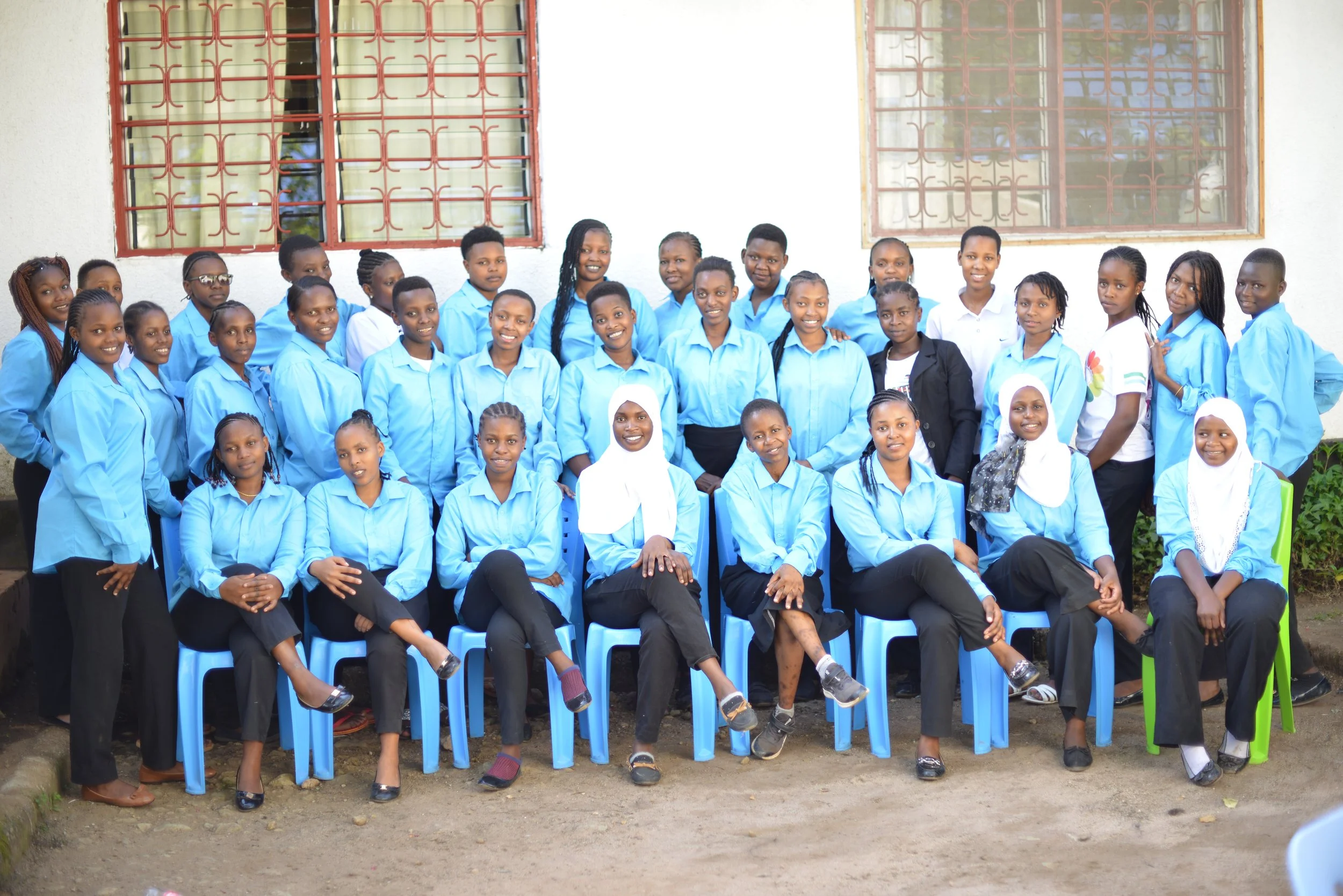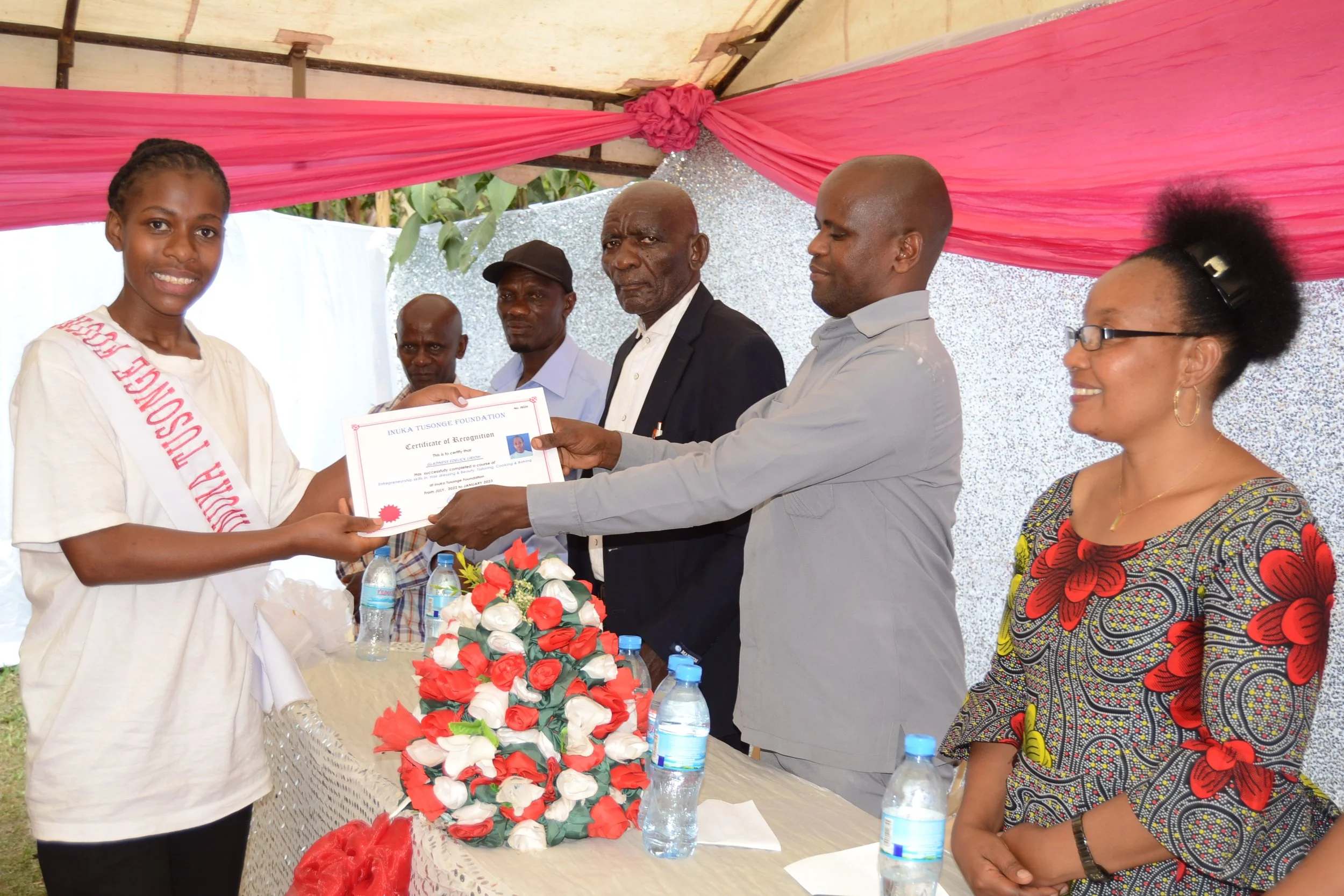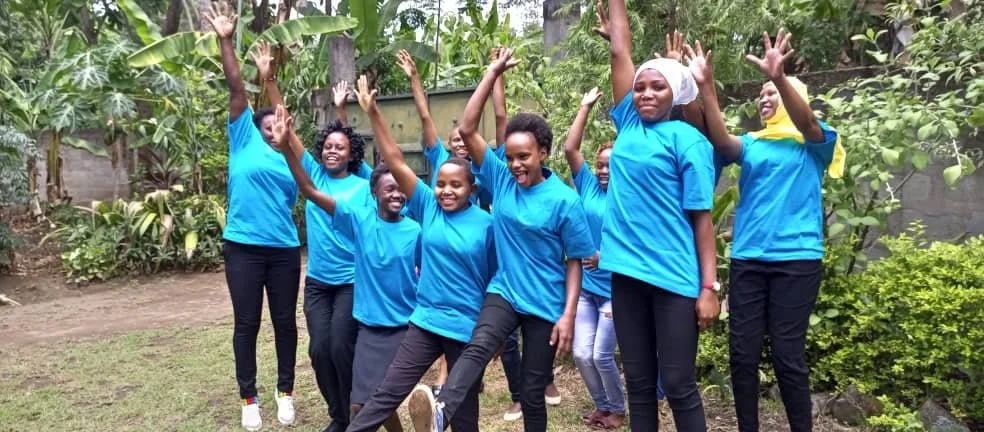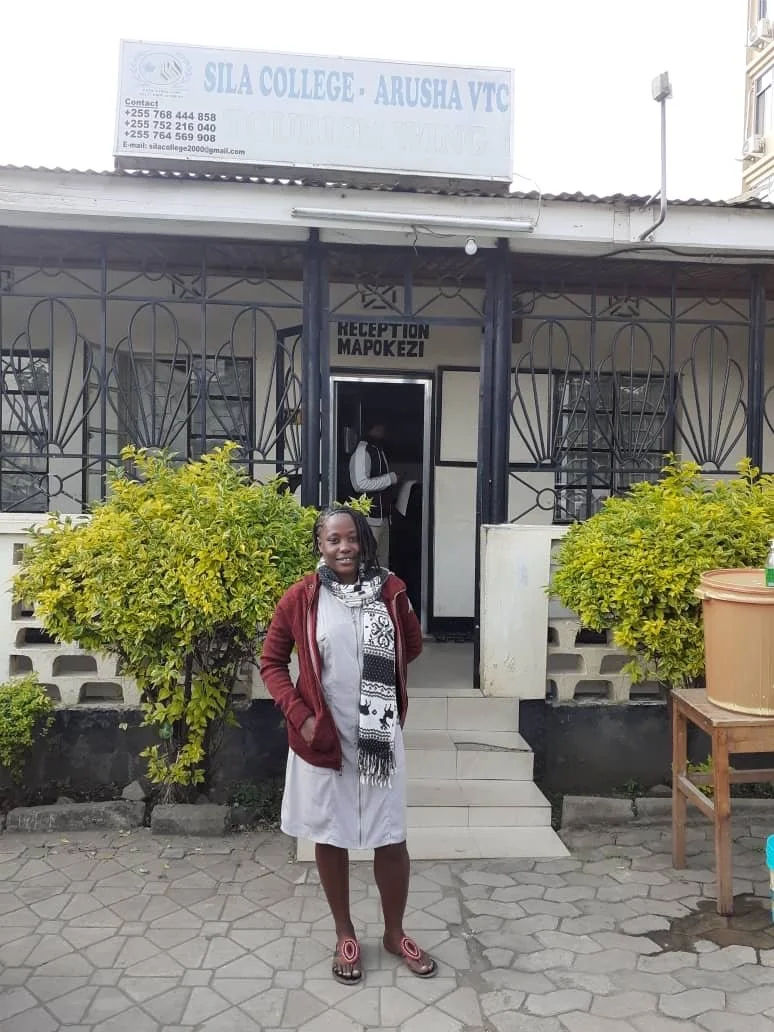Our vision is to support and empower vulnerable Tanzanians to attain financial independence and self-sufficiency.
Our entire Australian team are volunteers allowing us to ensure almost 100% of your donation reaches our project partners.
Nina Imani is Swahili for
‘I have confidence’
and it’s confidence that we aim to ignite within the communities we support.
Our Mission
To partner and fund social programmes managed by grassroots Tanzanian NGOs through donations and governance support and fuel economic empowerment by providing funding for study and small business initiatives.
Our Values
Respect, Empowerment and Independence.
Our History
Nina Imani was founded as a limited corporation on 22 November 2019 by three successful Australian female entrepreneurs who wanted to help improve the lives of vulnerable Tanzanians through economic empowerment.
Nina Imani Ltd is registered with the Australian Charities and Not-for-Profits Commission (ACNC) as a charity supporting overseas communities.
Led by Dianna Snape, who has family ties with Tanzania and an established history of volunteering and fundraising for vulnerable communities in Tanzania, Nina Imani forged a partnership with registered Tanzanian NGO The Inuka Tusonge Foundation, to provide funding for their vocational training centre supporting vulnerable young women in the Arumeru District.
Beatrice Lyimo, a founding Director of the Inuka Tusonge Foundation taught Dianna Swahili in 2013 and their friendship, respect and ideals have been shared ever since.
Supporting Partners
-
Alika Africa
Alika Africa has been a supporting partner since 2022 donating $50 per safari to help fund the Inuka Tusonge Vocational Training Centre in Tanzania.
Alika Africa Director Stacy Readal has been supporting educational initiatives in Tanzania for over 20 years. Nina Imani director Dianna Snape and Stacy Readal have worked together supporting charities in Tanzania since 2012 and aligning with Nina Imani in funding the Inuka Tusonge Foundation for vulnerable women allows unification of this effort for a shared cause involving support across 3 continents.
-
Nadia + Alf Taylor Foundation
The Nadia + Alf Taylor Foundation have been a generous donor and supporter of Nina Imani since our inception. This support was formalised in 2023 into a grant providing essential funds to support the growth of the Inuka Tusonge vocational centre.
The Nadia & Alf Taylor Foundation was established in 2002. Nadia & Alf have always placed tremendous value on fair and equal opportunities for all. It has served as an important tenet in running their business, tna solutions pty ltd, and has been a guiding principle in all their philanthropic pursuits. The foundation has partnered with 150+ grassroots organisations across 39 countries and has directly impacted the lives of over 20,000 people. We are very proud to be part of their impact.

TANZANIA
-
Geography
The United Republic of Tanzania is the largest country in East Africa and includes the islands of Zanzibar, Pemba and Mafia. It is home to Mount Kilamanjaro, the tallest mountain in Africa.
It is bordered by Kenya and Uganda to the north, Rwanda, Burundi and the Democratic Republic of the Congo to the west, and Zambia, Malawi and Mozambique to the south.
-
Population
Tanzania’s population is estimated to have reached 60 million. 37.0 % of the population is urban and life expectancy is 64 for a male and 68 for a female.
-
History
Tanzania is a result of the unification of Tanganyika (the mainland) and the Zanzibar islands. Tanganyika and Zanzibar united on 26th April 1964, forming the United Republic of Tanzania. Tanganyika became independent from the British on December 1961 and Zanzibar became free through a revolution on 12th January 1964.
-
People
Tanzania boasts over 130 ethnic groups, all with their own languages and cultural traditions.
In the early first Millennium CE, trade with Arabia and Persia made the East African coast economically strong. As a result Islam was introduced and due to the Arab-centric doctrine of Islam, some Arabic influences entered the language – resulting in the emergence of the Kiswahili language.
-
Language
Kiswahili is the national language of Tanzania.
Kiswahili is one of the thousands of Bantu languages that evolved as a result of the thriving trade with Arabs, Persians and Indians. Today’s Kiswahili language is coloured with influence from Arabic, Indian and European languages, but a majority of it remains Bantu.
-
Government
Tanzania has a president, who is the head of the country. Presidents are elected through a General Election, held once every five years. Zanzibar has its own President, assembly and laws.
-
Religion
Approximately 63 percent of the population identifies as Christian, 34 percent as Muslim, and 5 percent practice other religions.

